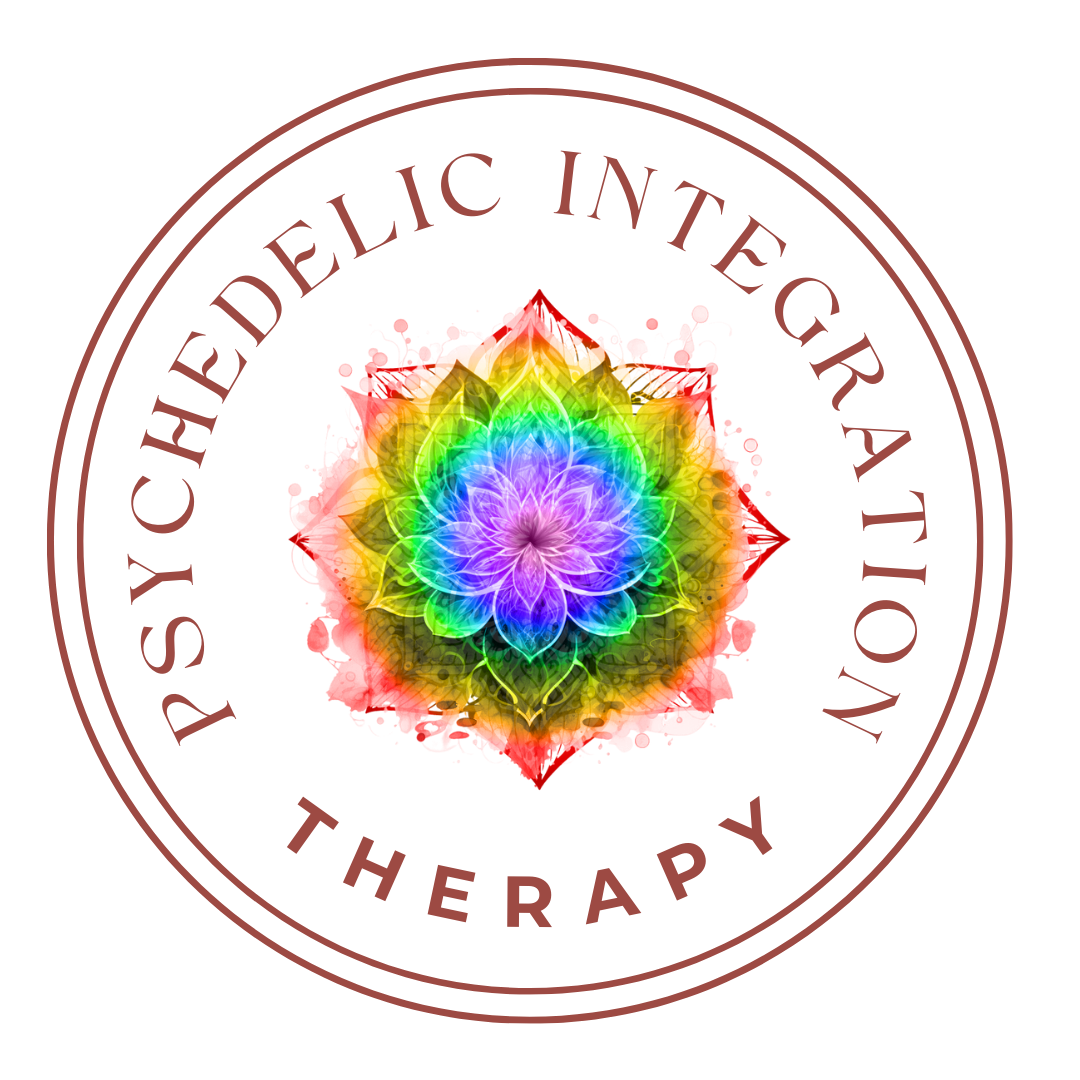In my work with clients who use MDMA recreationally or in ritual, the results mirror this study. The article states:
“The researchers found that participants who received higher doses of MDMA reported significantly increased feelings of happiness and acceptance when receiving positive social feedback compared to those given a placebo. This enhancement of positive social emotions underscores MDMA’s potential to influence social interactions favorably, aligning with its empathogenic properties that promote feelings of closeness and empathy towards others.”
Many people come to therapy with feelings of self judgement, isolation and loneliness. In my psychotherapy sessions, I help the clients create the feeling of positive emotional connection towards both self and others. This is one of the most important aspect of psychotherapy: the creation of compassion for both self and others. Kristin D. Neff (https://www.ncbi.nlm.nih.gov/pmc/articles/PMC2790748/) writes:
“Drawing on the writings of Buddhist scholars, I have defined self-compassion as having 3 main components: (a) self-kindness versus self-judgment, (b) a sense of common humanity versus isolation, and (c) mindfulness versus overidentification [Neff, 2003]. These components combine and mutually interact to create a self-compassionate frame of mind. Self-kindness refers to the tendency to be caring and understanding with oneself rather than being harshly critical or judgmental. Instead of taking a cold ‘stiff-upper-lip’ approach in times of suffering, self-kindness offers soothing and comfort to the self. Common humanity involves recognizing that all humans are imperfect, fail and make mistakes. It connects one’s own flawed condition to the shared human condition so that greater perspective is taken towards personal shortcomings and difficulties.”
With the use of MDMA by the client, Psychedelic Integration Therapy moves the client towards compassion with less effort than traditional therapy though both are heading in the same direction.
